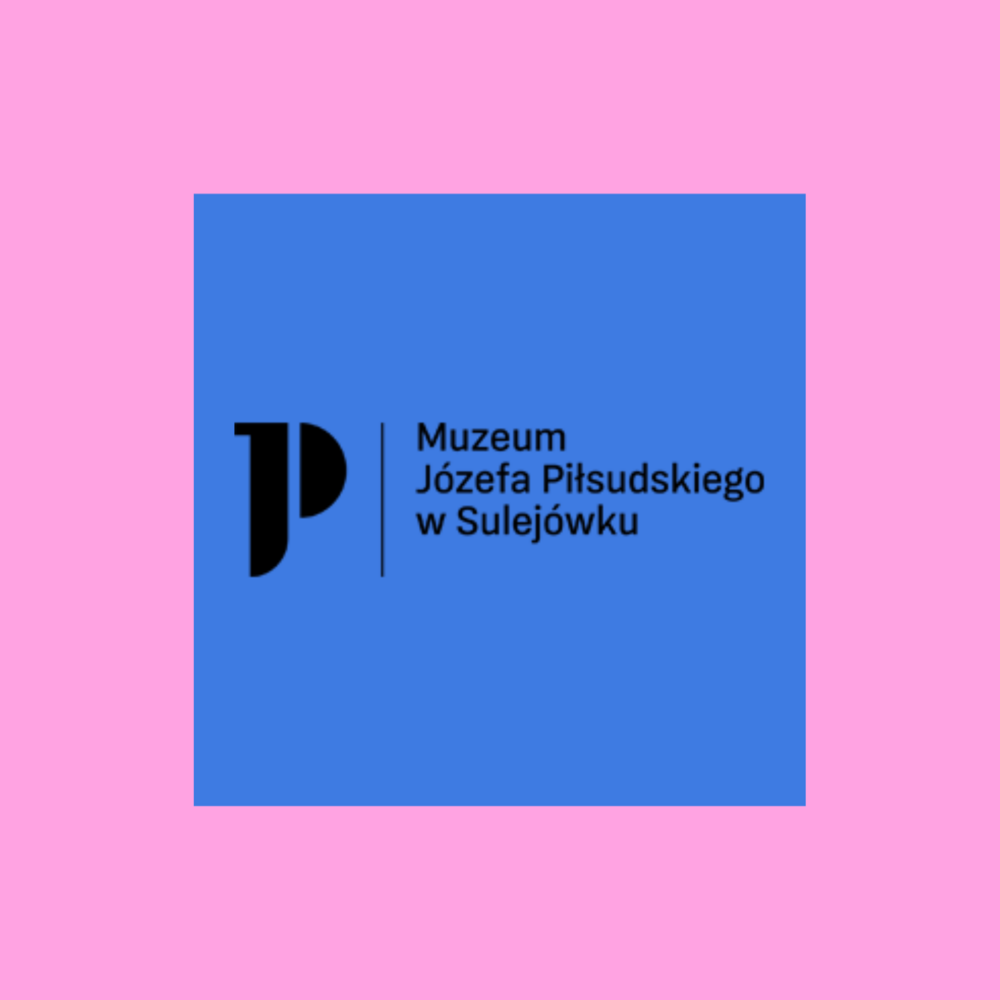Józef Piłsudski Museum

Cooperation works on a kind of mutual respect
WHO
The Józef Piłsudski Museum is a public museum based in Sulejówek, Poland, that shares the history of Józef Piłsudski and the values he represented – fighting for independence and working to build the state. The museum works closely with volunteers from the local community, youth, and other local heritage organisations to foster dialogue around this history and to develop their collection and exhibitions, such as in the project Archive of Oral History. Through various projects and initiatives they are exploring how to foster sustainable participation and partnerships, especially when the museum only has a small team of staff and limited resources to use.
Marta Idziak, the Head of Local Programmes, Anna Wachowiak, the Head of Development, and Dorota Koral, the Volunteer Coordinator, spoke to RECHARGE about what they learnt about building strong relationships with their volunteers, other heritage organisations, and the local community.
WHAT
The Archive of Oral History project brings together the Józef Piłsudski Museum, the municipal library of Sulejówek, the local heritage association Society of Friends of Sulejówek, and heritage volunteers. It was born out of the initiative of local residents bringing their own personal collections and artefacts to the library with the question of where or how to store it, prompting the library to find partners to bring a project to life. As well as recording oral history, volunteers and citizens brought the idea to form an exhibition, which the museum helped bring to life. This collaboration highlighted the unique strengths of each organisation and stakeholder, such as that volunteers contribute a lot of effort and local knowledge, that the library is a type of safe space, and that the museum had relevant experience in managing volunteers, social media, and exhibitions.
The museum has further developed its participatory practices through a youth council, where teenagers commit to engage with the museum for one term. During this time, the youth council are invited to share their opinions about what the museum is currently doing, join existing museum projects, and most importantly to create their own project. This is a very open process, and the museum staff support the idea generation. In past iterations, the youth council has created a board game, developed an exhibition, organised fashion shows, and created a mural, to name a few. Other museums have also visited them to learn from this youth council, looking in some way for a model to replicate.
HOW
COLLABORATION
Due to the reliance of the Józef Piłsudski Museum on their volunteers and partners, it is very important for the museum team to understand what motivates people to partner and participate, and what keeps volunteers engaged. Our interviewees have shared what they prioritise when trying to build relationships:
Don’t underestimate where you can find new participants, volunteers or partners. The Józef Piłsudski Museum recruits and finds connections for example via social media, the cemetery, and personal contacts.
Give people care in order to build a connection. It is time-intensive to work with people and collect their stories, but heritage organisations are often deciding what parts of their stories to highlight.
Invest in building long-term trust, as this will encourage people to come to your organisation with ideas, questions, and criticisms.
Explore how you can foster reciprocity with your volunteers. The museum occasionally provides letters of recommendation for their volunteers.
FINANCING
The main source of funding for the museum comes from the Ministry of Culture and National Heritage, which covers energy costs, staff pay, and the educational programme. Additional funding, partners and volunteers are brought in to help to support the costs of other projects, with the Society of Friends of Sulejówek for example securing funding for the ‘Sulejówek Next Door’ archive. So while the team of Józef Piłsudski is small, they have a significant amount of space for concerts and workshops, which is an important resource for their projects.
IMPACT
For the Józef Piłsudski Museum it is very important to understand the expectations of their target audiences, and what motivates people to participate and partner with them. The members of the youth council are regularly asked about what motivates them to participate, and their answers include interest in history, personal enjoyment, and professional development. At the same time, since the museum is based in a small town, they feel a lot of responsibility towards the citizens. Through their projects, the museum team feels they have grown closer to the people, which is important as their story is part of the institution. Their partnerships have certainly contributed to this, as they provided more opportunities to reach many different people.


Share